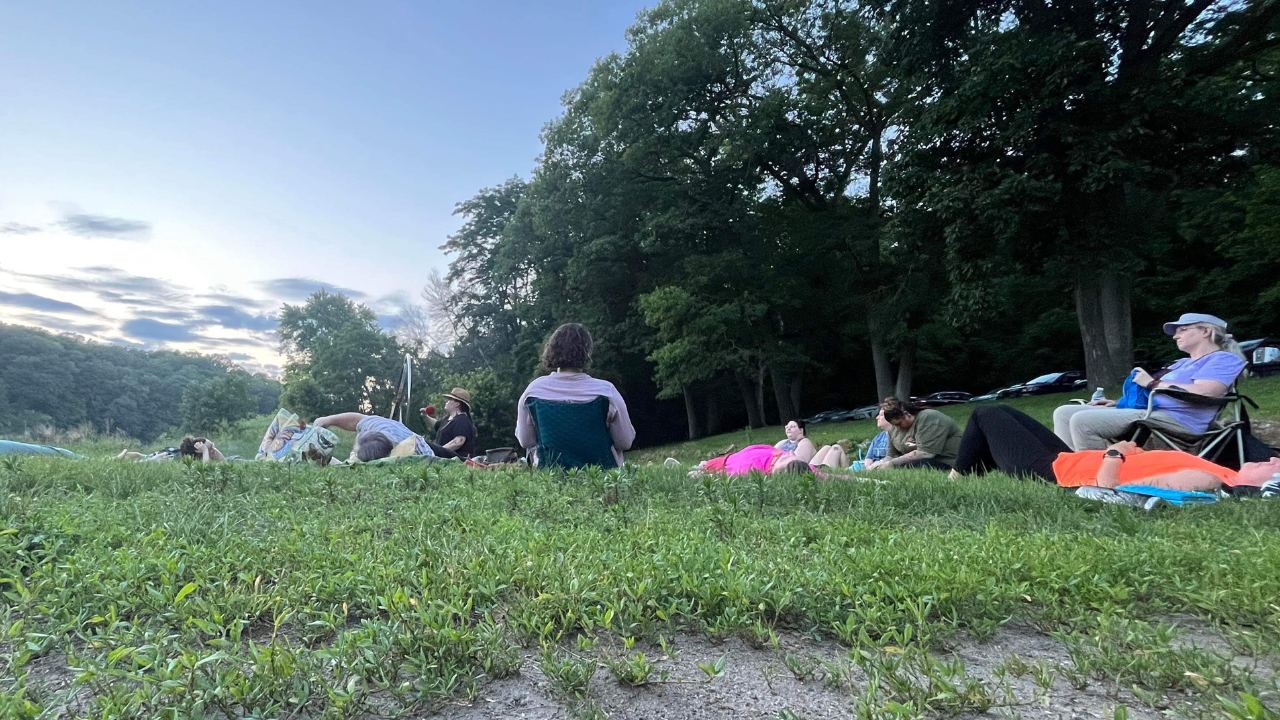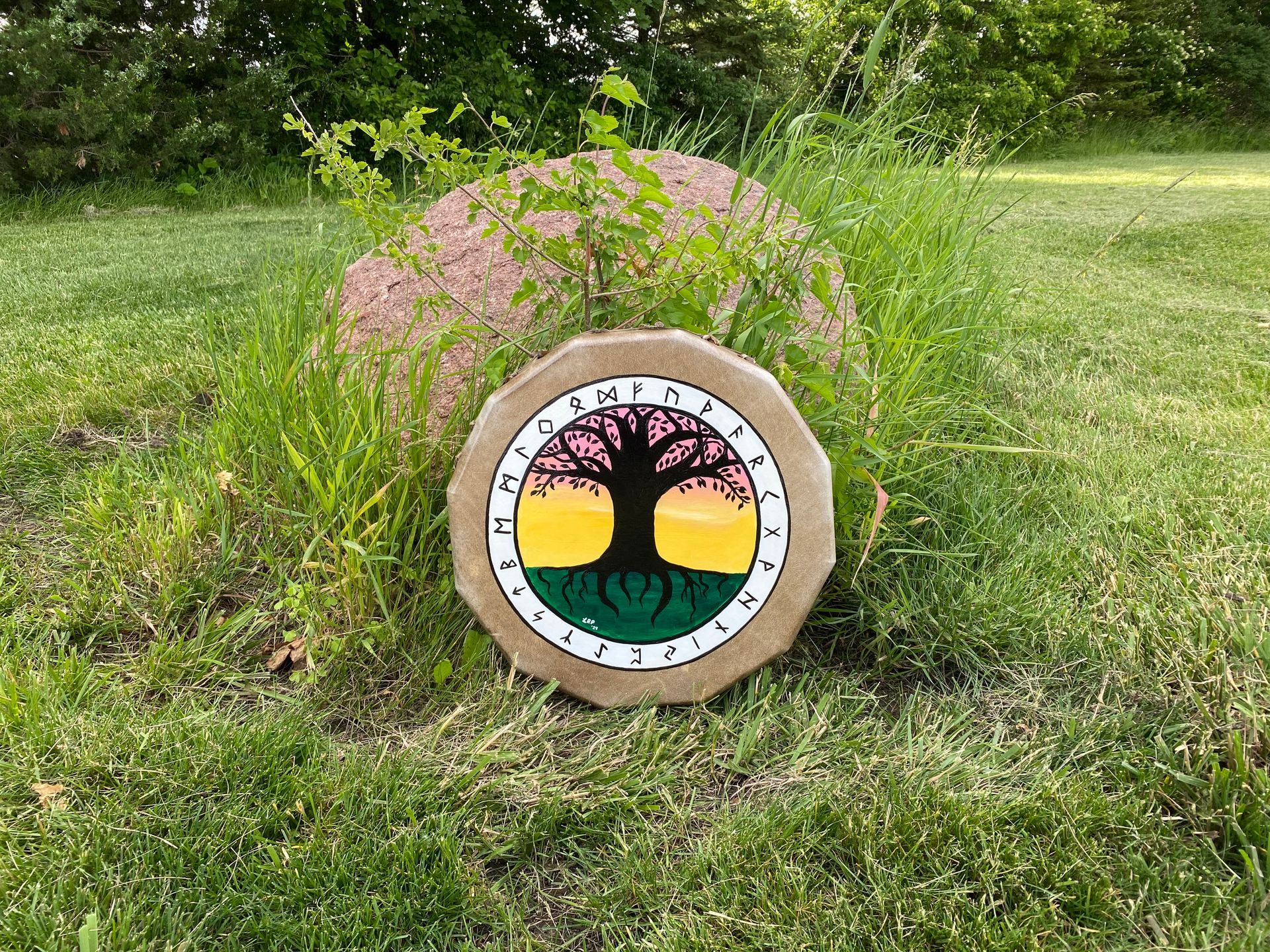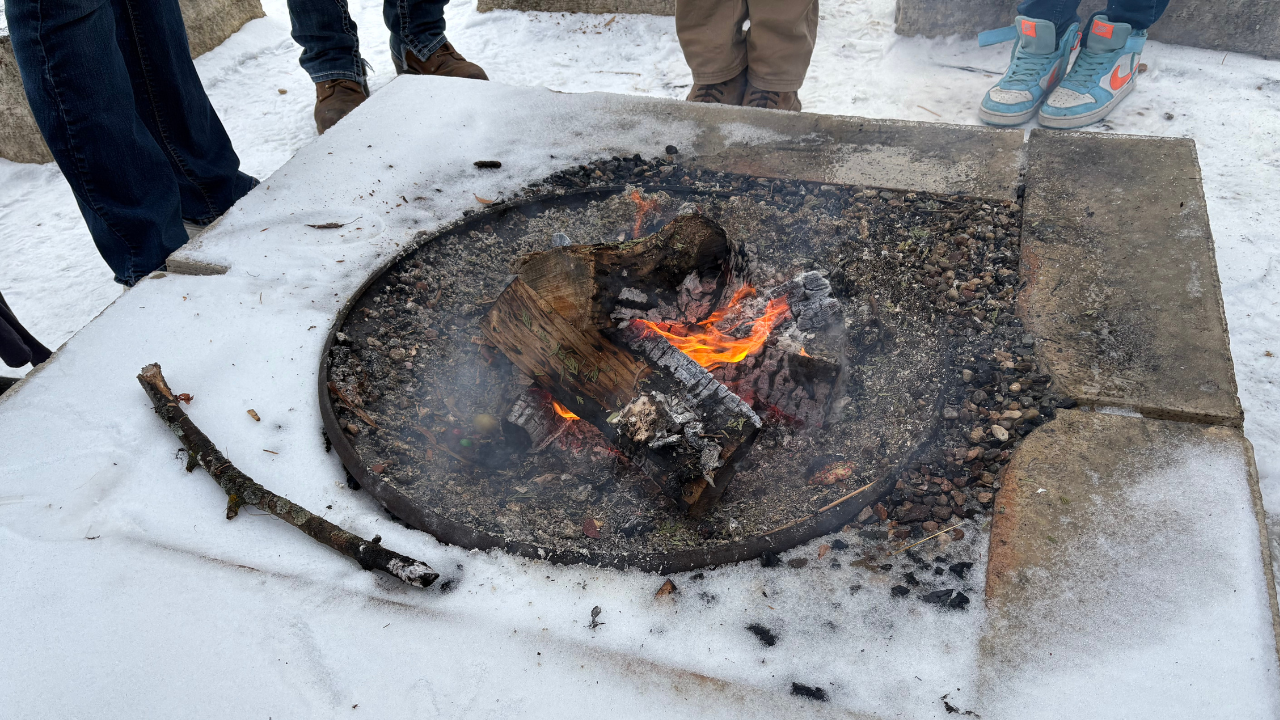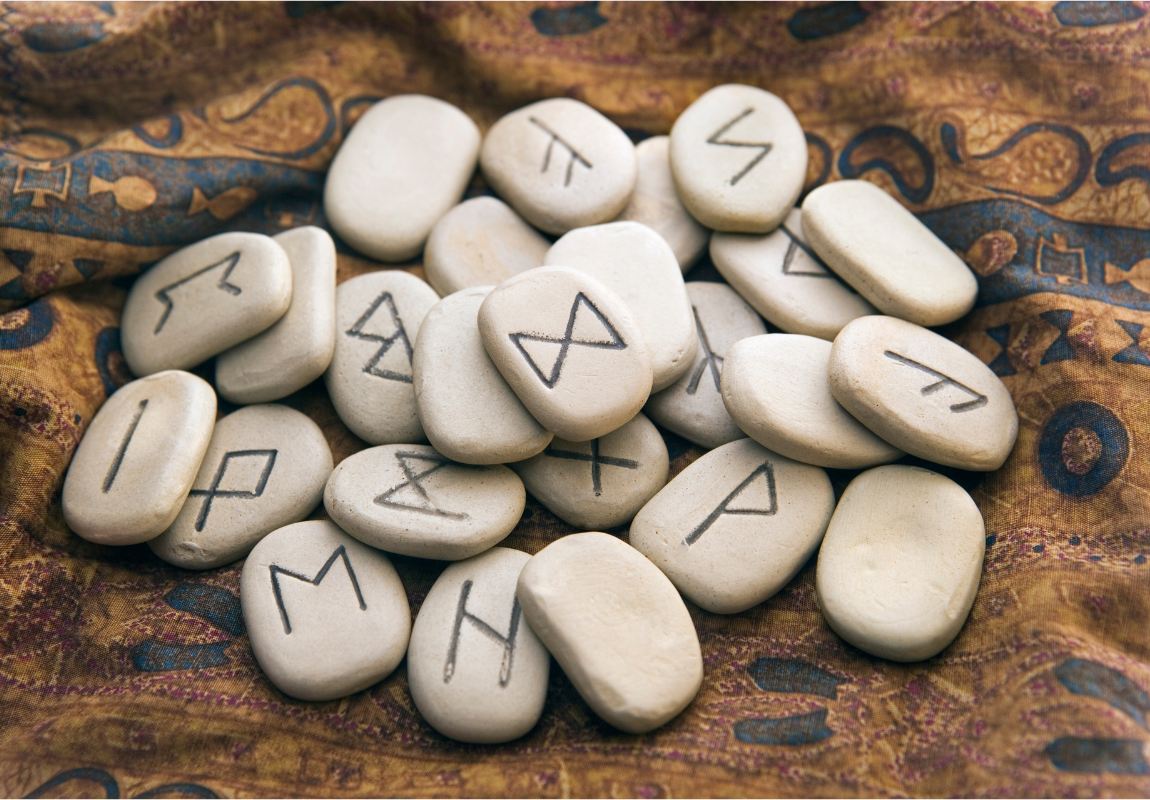Overcoming Fear: A Spiritual Perspective
Working With and Through Fear and Discomfort

Fear has plagued the human psyche throughout our evolution. While our ancestors feared predators, starvation, and hostile tribes, we modern humans often face more abstract anxieties: financial insecurity, social rejection, injustice, climate change, war, and existential uncertainty. Yet despite these differences, fear's essence remains unchanged—a primal response designed to protect us that sometimes holds us back from growth and fulfillment.
Here are five spiritual approaches to working with fear rather than being controlled by it:
1. Acknowledge the Fear and Sense Into It
Many spiritual traditions teach that resistance amplifies suffering. When fear arises, our instinct may be to suppress or deny it, but this only drives it deeper into our subconscious where it can exert greater influence. Instead, acknowledge your fear directly. Feel where it manifests in your body—perhaps as tightness in your chest, a knot in your stomach, or shallow breathing. By witnessing fear with compassion rather than judgment, you begin to dissolve its power over you.
2. Meditate on the Fear's Source
Once you've acknowledged your fear, meditation offers a tool to explore its origins. Sit quietly and ask: "What am I truly afraid of?" Often, surface fears mask deeper concerns about worthiness, mortality, or loss of control. It’s also good to ask where this fear is stemming from, as often we may be feeling fear from the Collective or fear that was inherited through our family line. Ask questions such as:
Is this a societal/collective fear?
Is this an inherited fear?
Is this a fear of my own based on previous or potential future experiences?
Through regular contemplative practice, you may discover that many fears stem from attachment to particular outcomes or identities. This awareness itself can be liberating.

3. Call Upon the Rune Tiwaz for Strength
The Norse rune Tiwaz (↑), associated with the god Tyr who sacrificed his hand to bind the wolf Fenrir despite his bond with the wolf, brings Spiritual Warrior energy and the strength to face challenges with integrity. Meditating on this rune can help access reserves of courage within yourself. Visualize its upward-pointing arrow drawing strength from the earth and directing it through your being. You can also call upon the rune to bring supportive energies to you mentally, emotionally, physically, and spiritually.
If you so choose, you can also seek the expertise of the Norse god Tyr. As the god of Justice and Sacrifices, Tyr knows how to embody the strength and bravery it takes to accomplish a goal or fulfill a sacrificial act that's for the greater good of the community.
4. Step Beyond Your Comfort Zone
Spiritual growth requires venturing into unknown territory. Every spiritual teacher or leader I know has had to encounter and transcend fear through direct engagement with discomfort. By gradually expanding your comfort zone—whether through new social interactions, creative expression, or challenging spiritual practices—you build confidence in your ability to handle uncertainty. Each step beyond familiar boundaries weakens fear's grip.
5. Incorporate Grounding Practices
Fear often disconnects us from our bodies and the present moment. Grounding practices reconnect us to the Earth's stability and our internal wisdom. These might include walking barefoot in nature, gardening, rhythmic breathing, or simply feeling the weight of your body against the floor. When we ground ourselves physically, emotional turbulence naturally settles, allowing us to face fear from a place of centeredness rather than reactivity.
Conclusion
Fear need not be an obstacle on your spiritual path—it can become a teacher. By engaging with fear consciously through these practices, you transform it from a barrier into a doorway leading to greater awareness, compassion, and inner freedom. Remember that courage isn't the absence of fear but the willingness to move forward despite it, guided by something deeper than fear—your innate wisdom and connection to the greater whole.









